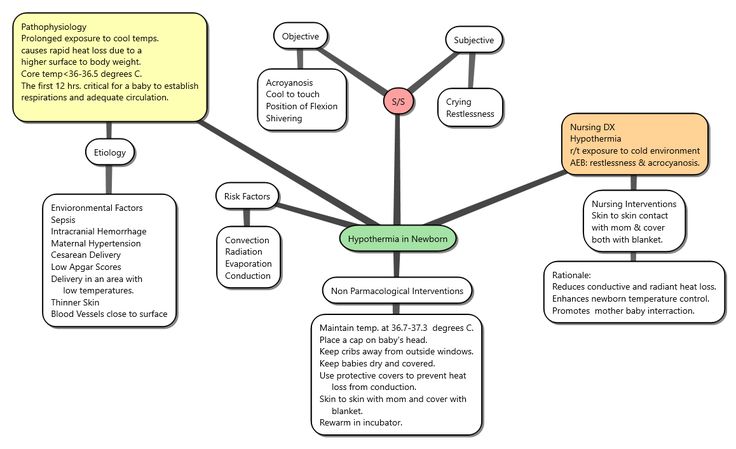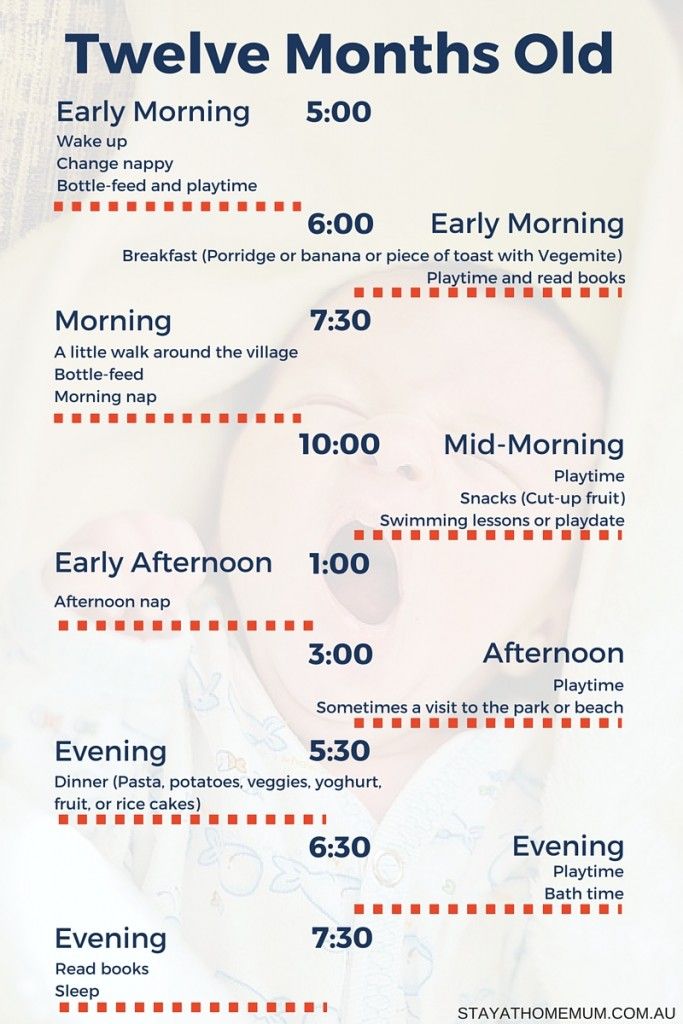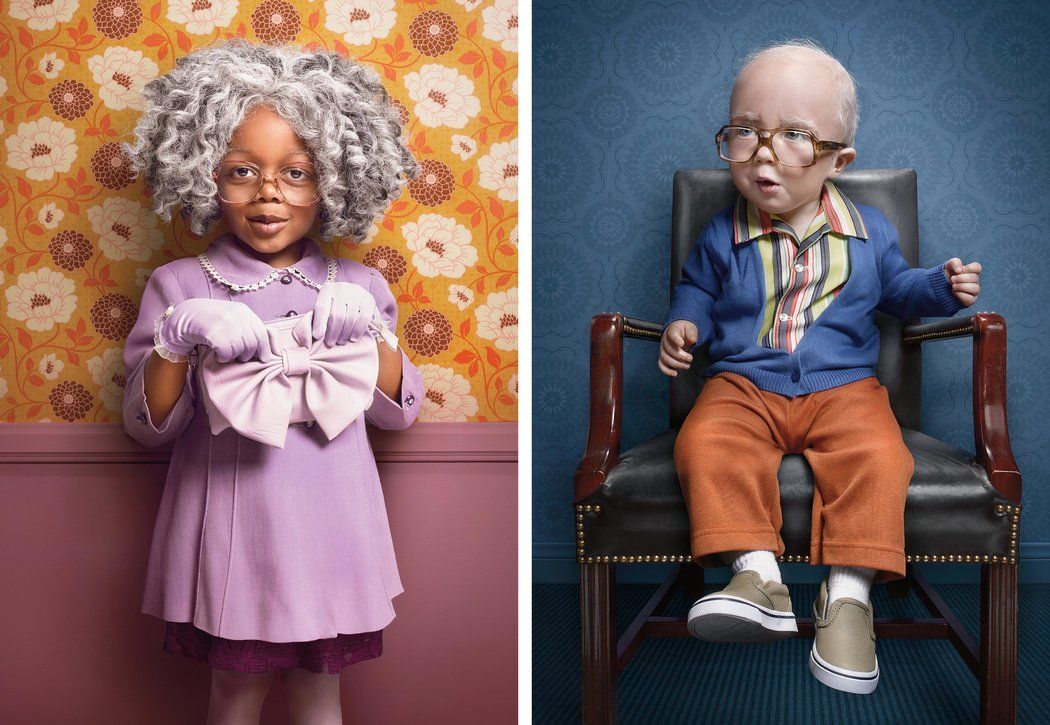How to describe a gifted child
Characteristics and Traits of Gifted Children
Characteristics and Traits of Gifted Children
Gifted children often stand out. Whether you are a parent, an educator, or a student, you are likely here because you have noticed something different about a student or about yourself if you are that student in question. Those without a background in gifted education may feel that gifted children stand out because of their good grades or high achievements. However, many of us who work with gifted children know that they are different for other reasons like their quirky sense of humor, their intense questioning, or their refusal to sit still in the classroom and repeat math facts when they would much rather be discussing the nature of infinity. Looking for gifted traits in children can provide information for parents, educators, and students themselves to decide whether they want to pursue intelligence testing, acceleration, or simply have a better understanding of who these children are.
What is Giftedness?
At its core, giftedness is a brain-based difference that contributes to our vibrant and neurodiverse world. This neurological difference means that profoundly gifted students experience a different intellectual, academic, and social-emotional development trajectory than neurotypical individuals. These differences are detailed in “The Neuroscience of Giftedness,” a series of articles from GRO, the Gifted Research and Outreach organization.
To quote a beloved leader in gifted education, Dr. Jim Delisle, “Giftedness is an innate ability to both detect and comprehend the world in complex ways that differ significantly from age-expected norms.” (Understanding Your Gifted Child from the Inside Out, p8). Importantly, Delisle makes the distinction that giftedness is not always apparent just from looking at a student’s achievements. This is often a source of tension when advocating for the highly gifted child who may appear average, or even below average, in school.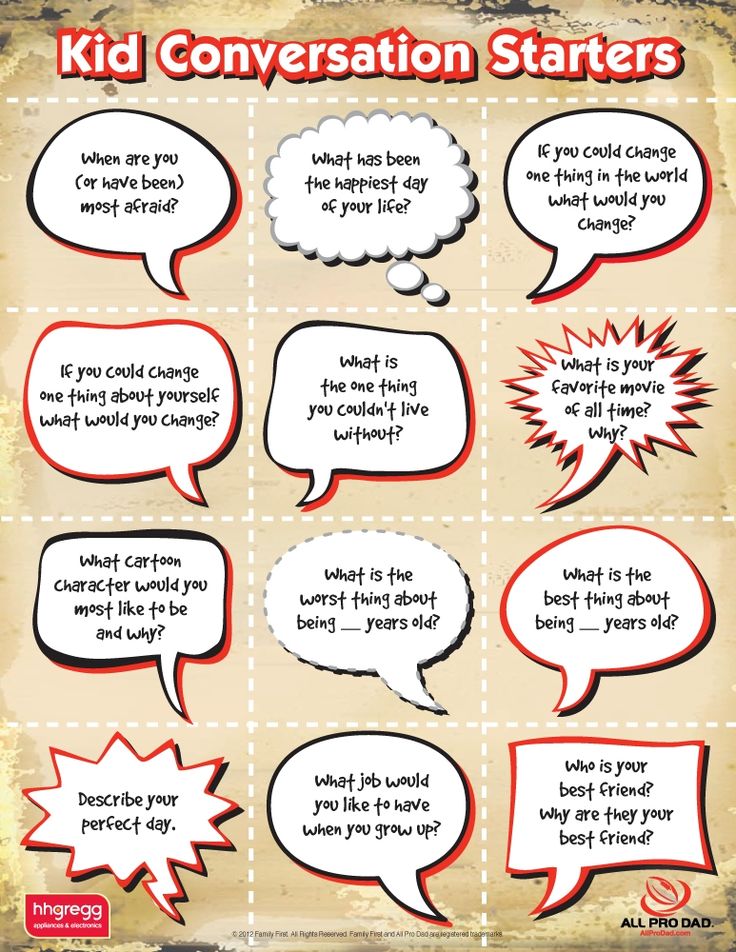 Parents and educational professionals often hear the same myths about gifted students and must take the extra step to educate themselves on giftedness in order to better serve the needs of this population.
Parents and educational professionals often hear the same myths about gifted students and must take the extra step to educate themselves on giftedness in order to better serve the needs of this population.
Like most people, highly capable students are unique individuals with varied and multifaceted talents and interests. Some demonstrate mastery in multiple areas while others excel in a single subject. Gifted identification often relies on a mix of gifted testing and more qualitative observations of gifted characteristics and behaviors.
Common Characteristics of Gifted Children:
- Ability to comprehend material several grade levels above their age peers
- Surprising emotional depth and sensitivity at a young age
- Strong sense of curiosity
- Enthusiastic about unique interests and topics
- Quirky or mature sense of humor
- Creative problem solving and imaginative expression
- Absorbs information quickly with few repetitions needed
- Self-aware, socially aware, and aware of global issues
The National Association for Gifted Children lists additional traits of giftedness that parents may find useful.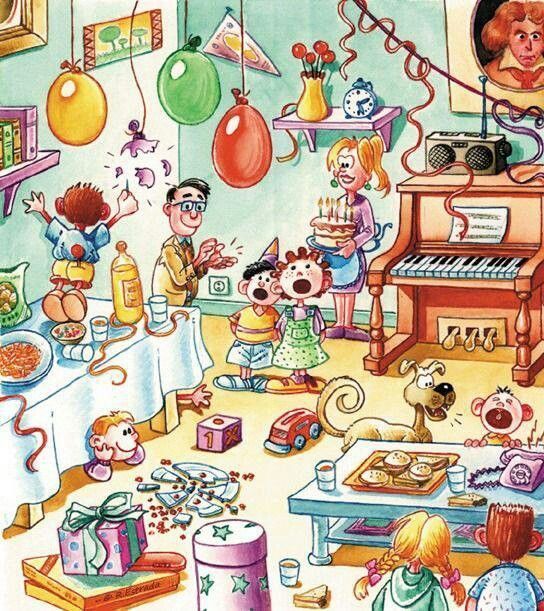 Of course, each gifted student is unique, and they may present with a mix of these traits or only two very intensely or perhaps you find that none of them at all fit.
Of course, each gifted student is unique, and they may present with a mix of these traits or only two very intensely or perhaps you find that none of them at all fit.
What are Traits of Profoundly Gifted Children?
Profoundly gifted individuals score in the 99.9th percentile on IQ and achievement tests and have an exceptionally high level of intellectual prowess.
Characteristics of profoundly gifted individuals may include:
- Rapid Comprehension: An advanced ability to learn and process information rapidly, combined with a need for constant mental stimulation; profoundly gifted students often work at a different pace than neurotypical peers–going far ahead or pausing to dive deeply in areas of interest.
- Intuitive Understanding of the Basics: Difficulty concentrating on tasks that are not intellectually challenging, including repetitious materials or rote tasks; profoundly gifted children often need less practice to master an idea or concept.
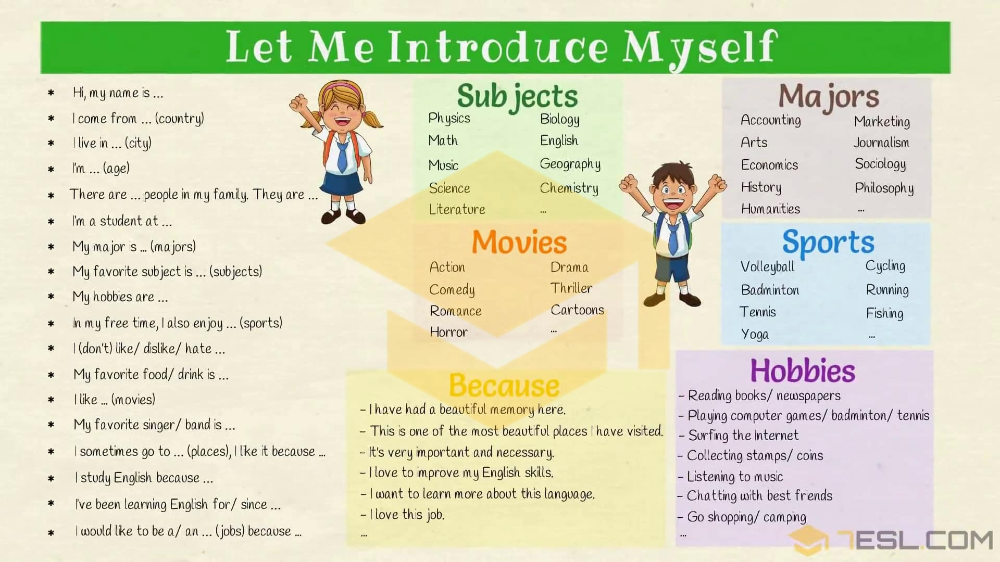
- Tendency toward Complexity: A need to understand the “big picture” of what they are learning; they may ask endless “why” questions or prefer to learn whole-to-part rather than part-to-whole.
- Need for Precision: An appreciation for nuance and a need for precision in thinking and expression; they may often respond to questions with “that depends…” and they may struggle with multiple choice assessments that ask them to make definitive decisions without an extensive contextual background to questions.
- High Expectations: A tendency to hold themselves and others to high standards, which can sometimes present as perfectionism or a very defined sense of justice; this may lead to challenges when understanding rules set by others or interacting with same-age peers who don’t hold the same standards.
- Divergent Interests: A vivid imagination and niche interests may make it difficult to connect with same-age peers; profoundly gifted students may seek out older children or adults who share their interests, or they may connect with younger children who are flexible in their thinking and engage in imaginational pursuits.
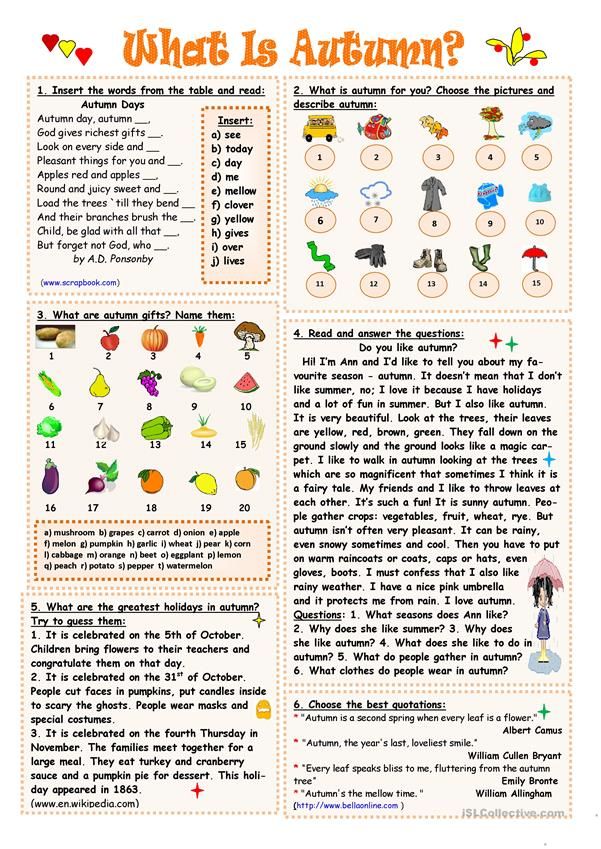
Oftentimes profoundly intelligent young people are not properly identified and, thus, do not receive an appropriately challenging education. Research shows this can lead to underachievement or even dropping out of school – studies indicate that 40 percent of all gifted students may be underachievers (Handbook of Gifted Education, p. 424). The Davidson Institute exists to help these young, bright children gain recognition in the national conversation around giftedness and works directly with families to help them reach their potential.
Learn More about Giftedness:
- How to Tell if a Child is Gifted
- Gifted Testing & Assessment
- Gifted Programs & Scholarships
- Social & Emotional Resources for Gifted Children
10 Characteristics of a Gifted Child - STEPPINGSTONE
How to know when your child is really gifted and a cut above the restBy JoAnn Amicangelo
As a new parent some 30 years ago, Kiyo Morse didn’t recognize her first child’s extraordinary development as signs of giftedness. At 10-days-old, Morse’s daughter was so unusually alert that a family friend said the way she was looking at him was “too weird.” At 6 months of age, she very clearly said “Hi Papa,” and, though she didn’t speak again until 13 months, she had the vocabulary to tell complete stories two months later. At 18 months, she asked to be shown how to tie her shoes. At 2 ½ years, she was able to write the letters of the alphabet and at age 6, she figured out how to ride a bike simply by observing her friends.
At 10-days-old, Morse’s daughter was so unusually alert that a family friend said the way she was looking at him was “too weird.” At 6 months of age, she very clearly said “Hi Papa,” and, though she didn’t speak again until 13 months, she had the vocabulary to tell complete stories two months later. At 18 months, she asked to be shown how to tie her shoes. At 2 ½ years, she was able to write the letters of the alphabet and at age 6, she figured out how to ride a bike simply by observing her friends.
And I thought my 3-year-old was somehow remarkable–or at least down right funny–when I found her sticking my mini pads all over the bathroom vanity because she thought they were big stickers!
I suspect most first-time parents have entertained the idea that their child is special, talented or gifted in some way. And, to be sure, they are to us. We’ve all proudly shared our stories of the cute or seemingly remarkable things our little ones have done as they’re growing. But do those unforgettable moments or achievements in our child’s life indicate giftedness? Does that fact that we’re almost scared by our bright and talented children mean we’re dealing with the next prodigy? When is a child considered among the estimated 2-5 percent of the population in the United States deemed gifted?
The National Association for Gifted Children in Washington, D.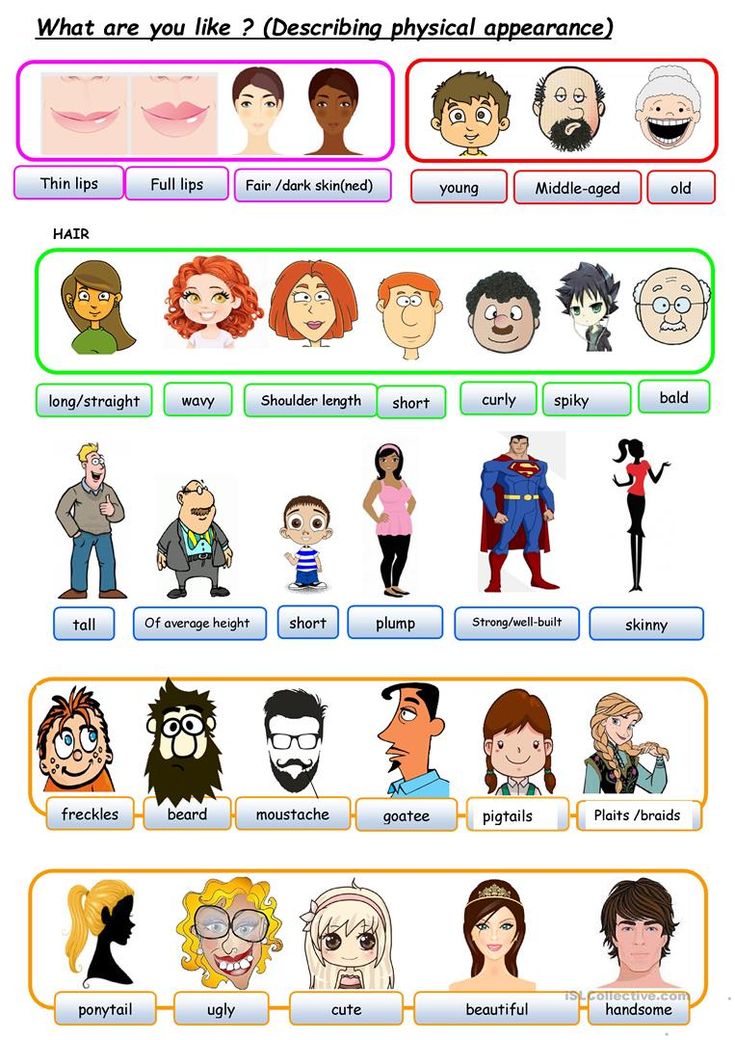 C., asserts that though there are many definitions of giftedness, they all include a common element, that is: “A gifted person is someone who shows, or has the potential for showing, an exceptional level of performance in one or more areas of expression.”
C., asserts that though there are many definitions of giftedness, they all include a common element, that is: “A gifted person is someone who shows, or has the potential for showing, an exceptional level of performance in one or more areas of expression.”
Gifted children are ahead of the pack because they develop asynchronously or “out of sync” internally and externally, according to psychologist Linda Kreger Silverman, Ph.D., Director, Gifted Child Development Center, in Denver, Colorado. Their rate of cognitive development is much faster than their physical development, making them more vulnerable because they may become aware of information they’re not emotionally prepared to handle.
In her article, How Parents Can Support Gifted Children, Silverman says the brighter the child, the greater the asynchrony and vulnerability. “She may be age 6 while riding a bike, age 13 while playing the piano or chess, age 9 while debating rules while choosing hobbies and books, age 5 (or 3) when asked to sit still. ”
”
“So you may be able to have a conversation with your gifted 3-year-old about how the universe was formed and yet still struggle with him to go on the potty,” said Larry Johnson, director of marketing development and admissions at Steppingstone, a school for the gifted in Farmington Hills, and father of two gifted sons.
We invite you to explore the Steppingstone approach to teaching gifted children.
Find out more
Testing, 1, 2, 3
There are several steps involved in the process of assessing whether or not your child is gifted. Educational professionals at local schools for the gifted said the first step is having your child evaluated by a licensed psychologist experienced in dealing with gifted children. In this process a battery of tests is administered to determine your child’s IQ. It is generally accepted that an IQ of 130 and above indicates giftedness. But that score doesn’t tell the whole story.
“If it’s 130 or above, there’s not much question there.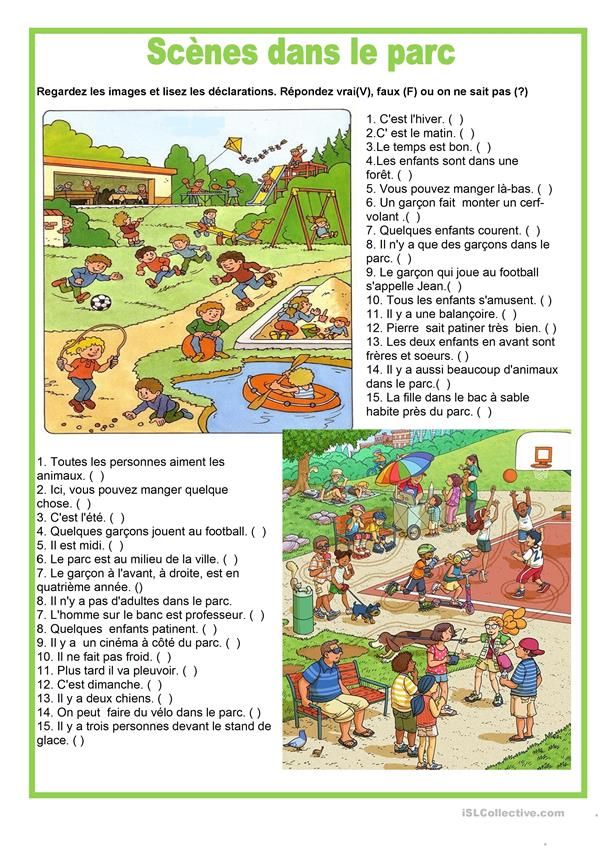 If it’s below 130, then we look at the 12 sub test scores and if we see a 19, which is a perfect score, we might take that child,” said Morse, whose three gifted children led her to found Steppingstone where she now serves as head of school.
If it’s below 130, then we look at the 12 sub test scores and if we see a 19, which is a perfect score, we might take that child,” said Morse, whose three gifted children led her to found Steppingstone where she now serves as head of school.
In addition to the testing, school administrators would invite your child to spend a day at the school to be sure he or she feels comfortable in that setting, while giving experienced teachers the opportunity to further evaluate. They would also talk with you, listening for evidence of the some of the following behavioral characteristics gifted children often demonstrate.
Although these are 10 of the most common ones, educators said not all gifted children will exhibit all of these qualities.
Characteristics of Gifted Children1. High level of intensity
Gifted children respond to life with greater emotion than the average person. They tend to be very passionate about an area of interest to them and have the ability to sustain that passion for long periods of time.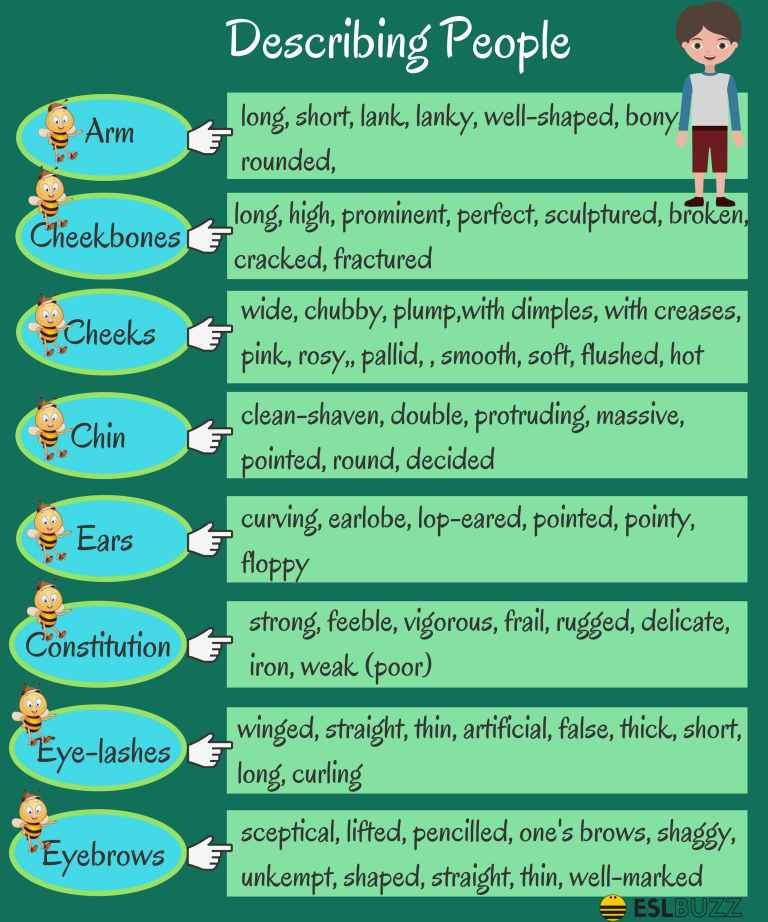 Sometimes their behavior can even seem obsessive compulsive.
Sometimes their behavior can even seem obsessive compulsive.
“We had a kid who got into horses,” said Lorene Porter, director of lower school, at The Roeper School in Bloomfield Hills. “He read everything about horses. He wrote about horses. He drew horses. He told you everything there was to know about horses. He even whinnied like a horse.”
2. Enjoys learning; rapid learner
“Insatiable” is a word often used when describing the learning needs of a gifted child. They tend to have an insatiable curiosity and appetite for learning. They’re fascinated with books and ask many questions, often more than a parent can answer.”Sometimes it comes out in why, why, why, why, why and sometimes it comes out in experimentation–that little person who has practically flooded the bathroom floor from the water experiments they’ve been doing,” explained Porter. “So messiness can be a part of their world and, like any child, you have to watch them a lot for safety’s sake.”Morse cautioned that although you would almost always see a big appetite for learning in the young gifted child, you might not see it in the older child.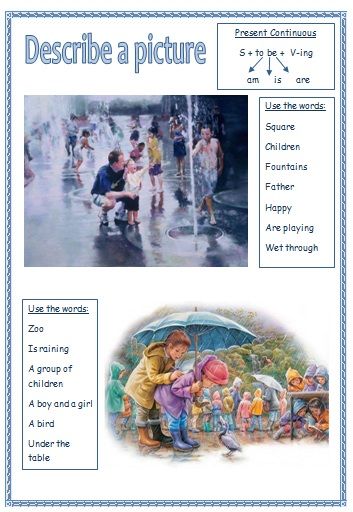 “If they haven’t been nurtured or if being a bright learner doesn’t get good feedback, they go underground,” Morse said.
“If they haven’t been nurtured or if being a bright learner doesn’t get good feedback, they go underground,” Morse said.
3. Depth of perception
Gifted children see the world in a different way. They have an unusual perspective on life and experiences, and sense earlier than the average child, what’s going on around them. They can see beyond the moment, recognize patterns and have the ability to abstract and problem solve.
They’re able to perceive authenticity in people and as result, often have a great sense of humor early on. Gifted children tend to demonstrate a sense of fairness and need for justice born out of a sense of compassion for others.
“This sense of fairness begins to exhibit itself when, say, you’re in the car listening to NPR and there’s a story about poverty and the child has a sense of what they’re saying about the poor and the lack of food and they’re distressed by it. It doesn’t just slip off their shoulders. The situation is so unfair to them,” said Porter.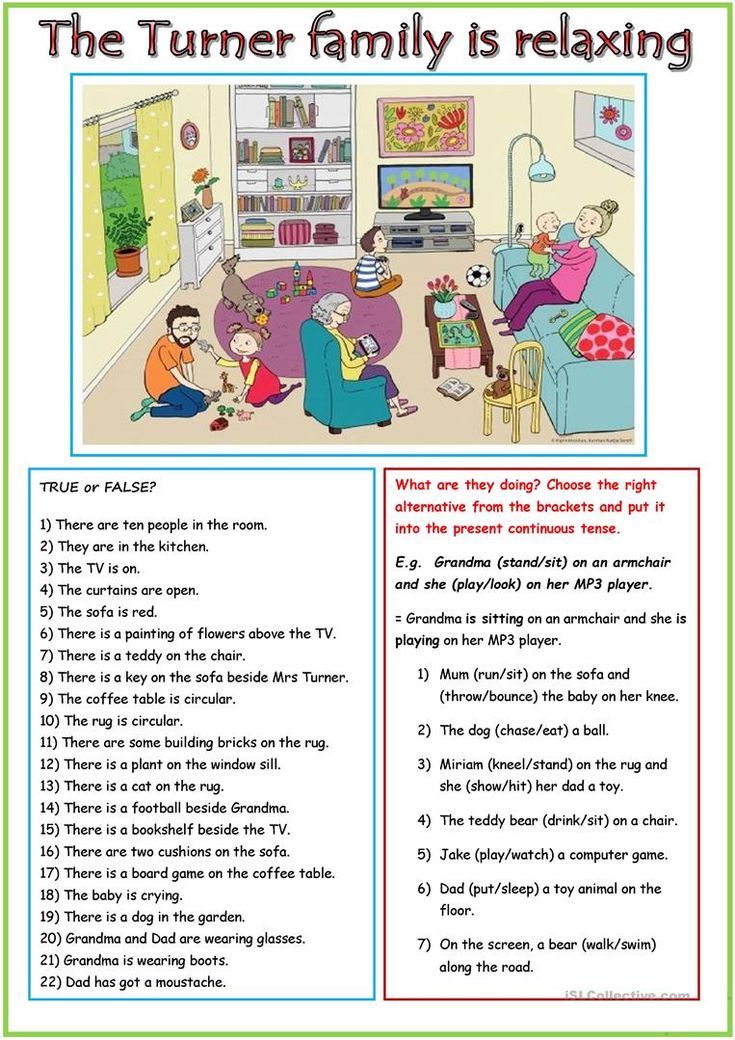
4. Keen sense of observation and extraordinary memory
Gifted children are able to retain great amounts of information and for longer periods of time. They have a keen sense of observation, cataloguing body language, voice inflections and other details that most don’t.”When my youngest daughter was 2, for example, she told me she didn’t like being born,” said Morse. “I was a little stunned since we had never talked to her about it, so I said, ‘Well, what do you remember?’ And she took her hands up to her head and ran them down her body and scrunched up her eyes and said it hurt all over and it was very bright and cold. She said, ‘I didn’t like it and I wanted to go back where it was warm.’ Now that [her birth] happened when language was not available to her, so she was somehow able to remember it, catalogue it and, when the language came, to transfer it into language.”
Steppingstone is well known for “unlocking the gift,” and that is truly what our son has experienced.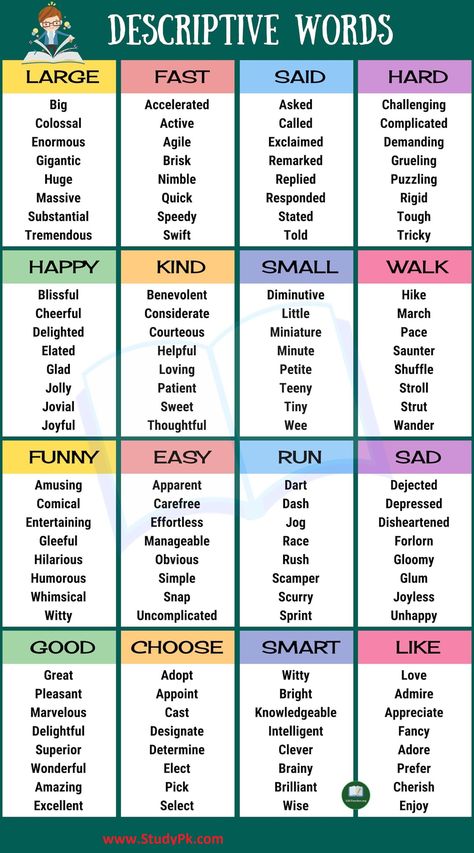
Read testimonials
5. Sophisticated language and thought process
Gifted children may or may not speak early, but whenever they do, they’re able to carry on high level and philosophical conversations. As a result, they tend to want to hang around older children and adults because they’re looking for an intellectual match.
“I know when my son was young, he preferred talking with his aunts and uncles or his teachers when he went to public school, rather than kids his own age, simply because conversation with adults was more stimulating,” said Jeanne Nance, admissions director at the former Gibson School in Redford. “Now that he’s older he enjoys being around kids his own age, but when he was younger, it was harder for him.”
6. Ability to recognize more options
More than the average child, gifted children recognize earlier on more options for behavior, even those they weren’t offered. And they’re willing to exercise those options. It may be to choose one activity over another, to ask for something or to disagree with you.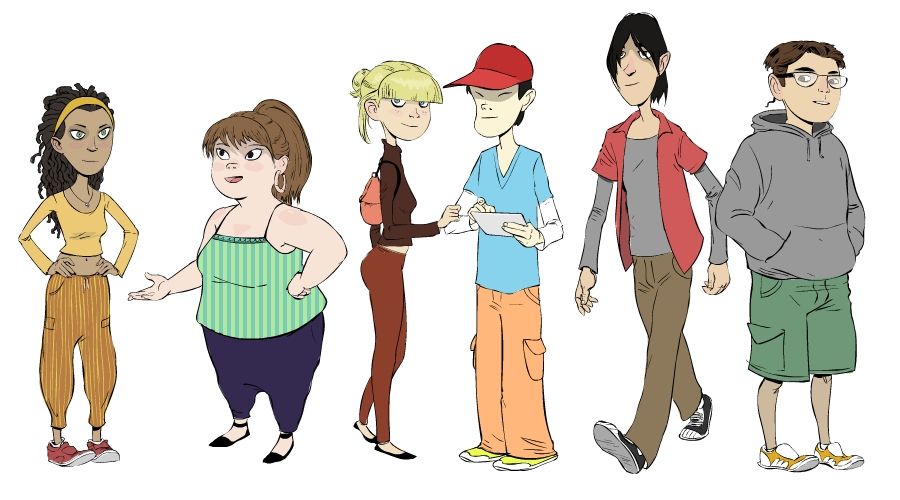 ”That’s why when they’re taking tests they can have problems because they can see more options than the average child,” said Morse.
”That’s why when they’re taking tests they can have problems because they can see more options than the average child,” said Morse.
7. Dislikes repeating or practicing something they already know
Gifted children tend to learn via exploration and they don’t like going over what they already know. It’s not that these children don’t like rote learning; they just don’t like it once they’ve already l earned something.”For instance, they love learning the numbers and letters of the alphabet at age 3. But at age 5, when these things are introduced in kindergarten, the child is no longer interested because he already knows them,” explained Morse. “If you teach a gifted child the times table in the third grade when it is a challenge for him, he will happily do that. But if you wait until the fifth grade when he’s already figured out that he can look this up in a table or figure it out by adding, then he won’t want to take the time to memorize it anymore. It has more to do with the challenge and their ability to assess. ”
”
8. Perfectionist
Gifted children have the ability to understand what is perfect in a situation, which can lead to frustration for them if they believe they can’t achieve that standard. Since they want to do things well, they may not be willing to attempt certain tasks.”That’s why at Steppingstone we emphasize that we want them to do quality work in the sense that they’re doing their best, not quality work in the sense of being perfect at it,” said Morse.
9. Perseverance
When it comes to pursuing their passions, gifted children stick to it. They demonstrate a sustained passion to figure something out and to learn all they can in their area of interest. “If building a Lego structure, they might build it, take it apart, build and take it apart again and again,” explained Porter.
10. Higher level of sensitivity
Gifted children are more emotionally sensitive than the average child, first about themselves and then others. They can be very compassionate, with a moral sensitivity about them. ”They tend to be very empathic and a lot of that is tied up with that ability to observe and to recognize body language, tones of voice, all those things involved with the delivery of a communication. They are really able to read people,” said Morse.
”They tend to be very empathic and a lot of that is tied up with that ability to observe and to recognize body language, tones of voice, all those things involved with the delivery of a communication. They are really able to read people,” said Morse.
Said Porter, “When you list many characteristics like this, clearly not all children will exhibit all these characteristics all of the time, but when you begin to have a set of them, then you’re probably looking at a gifted child.”
As I reviewed these characteristics in light of my own children’s behavior, I found myself thinking, “that’s my oldest daughter” and “maybe that’s why my youngest often has me at my wit’s end; she’s gifted! Maybe I’m gifted!” Not likely! So as you do your own assessing of your precious children, just keep in mind these characteristics may also be evident in non-gifted children.
“When you’re talking about young gifted children, you’re always talking about more than the average bear. It’s not that gifted children have characteristics that other people don’t have, it’s just that they’re deeper, richer, sometimes more sustained.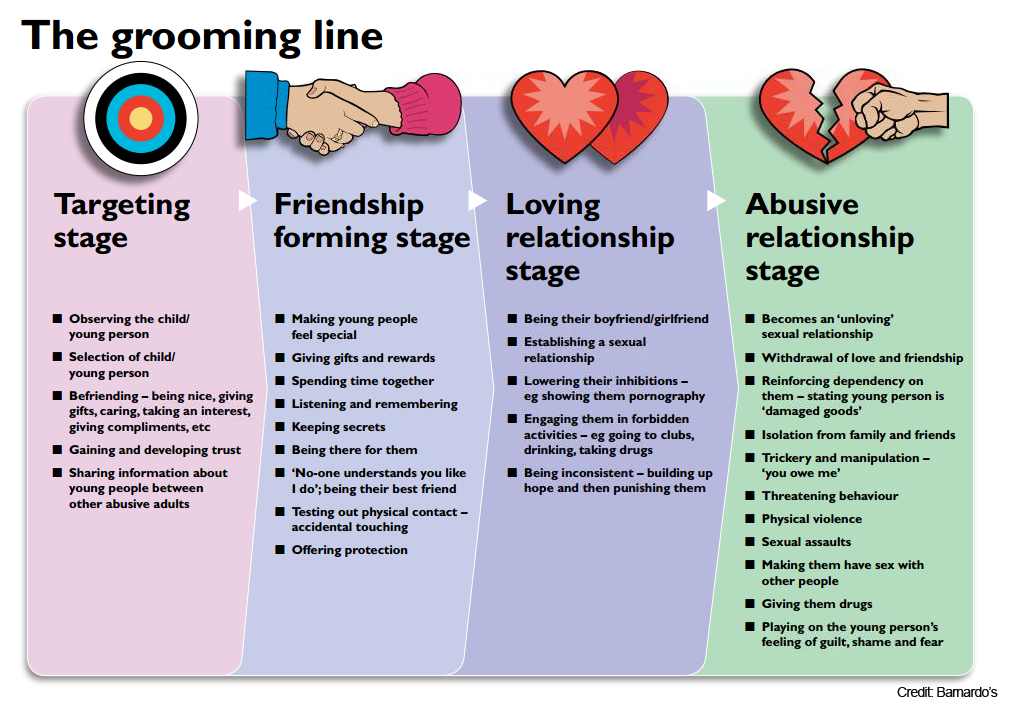 There’s more passion about learning and it comes sooner,” said Porter.
There’s more passion about learning and it comes sooner,” said Porter.
—JoAnn Amicangelo of Dearborn is a freelance writer and the mother of daughters, Emilie, 8, and Elise, 6.
©Metro Parent Magazine 2003. Reprinted from September 2003 issue with permission.
Characteristics for a gifted child - Characteristics for a student
Egorova Elena 5.0
Product review SHA PRO Analysis of reading technique by grade
and quarters
I want to express my deep gratitude on behalf of the teachers of the primary classes of the gymnasium "Pushchino" to the programmers who created this wonderful program! What we used to did hand-to-hand combat, now can be put into a table and get an analysis of for each student and class report. Great, delight! We immediately appreciated the benefits. FROM the beginning of the new school year will be actively used. Therefore, no wishes We are not here yet, thanks. Very simple and clear instructions important! I thank you and your colleagues for this important work. It's very nice when colleagues understand how can "simplify" the work of the teacher.
Very simple and clear instructions important! I thank you and your colleagues for this important work. It's very nice when colleagues understand how can "simplify" the work of the teacher.
Nagovitsina Olga Vitalievna 5.0
teacher of chemistry and biology, secondary school with. Chapaevka, Novoorsky district, Orenburg region
Product review ША Template Excel Analyzer of the results of the OGE
in CHEMISTRY
Thank you, the analytical reference is wonderful, the OGE is chemistry and biology. Very facilitated the analytical work of , identified bottlenecks in preparation for exam. My workload, like all teachers, is high. Your template saves time , I showed your template to my colleagues, they also purchased it. Thank you.
Chazova Aleksandra 5.0
Product review SHA Excel template Analyzer of OGE results for
MATHEMATICS
Very good template, easy to use, trial testing analysis took a matter of minutes.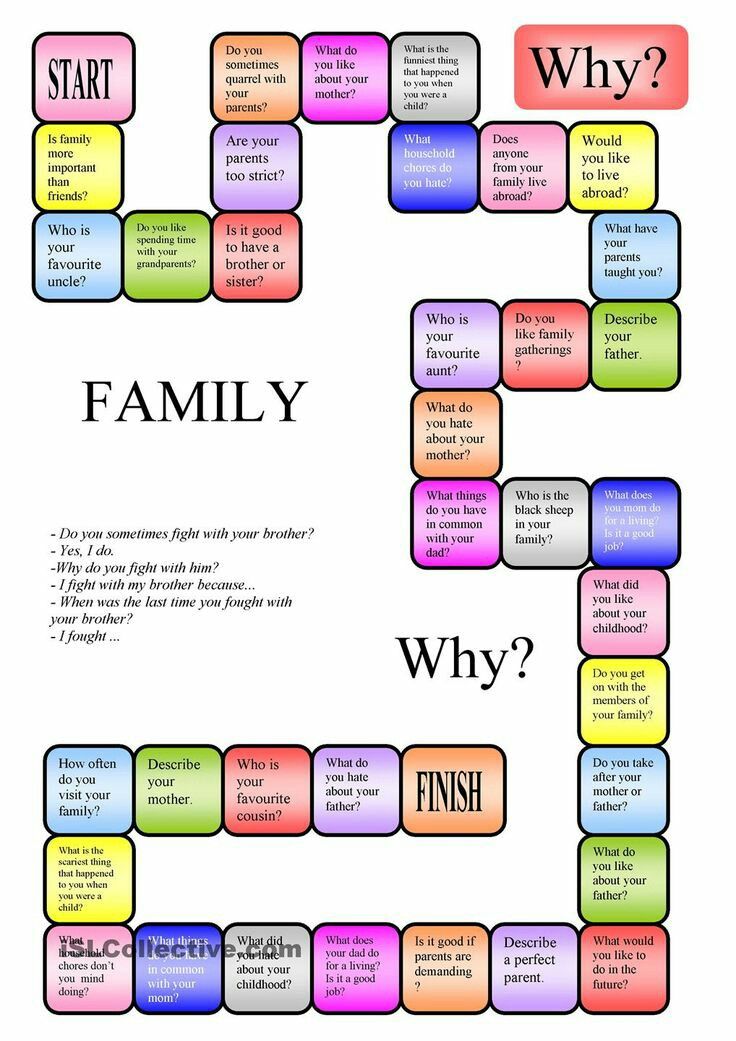 There were problems with the printout of the report, but we need to do it again understand. Thank you very much for a quality analyzer.
There were problems with the printout of the report, but we need to do it again understand. Thank you very much for a quality analyzer.
Loseeva Tatyana Borisovna 5.0
Primary school teacher, MBOU Secondary School No. 1, Krasnovishersk, Perm Territory
Product review Making a certificate or competition certificate
Thank you very much for the prompt production of certificates! Everything is very beautiful . My student is satisfied, he invested his certificate in portfolio . We will definitely continue to cooperate with you!
Yazenina Olga Anatolyevna 4.0
primary school teacher, Smolensk Center for Education for Children with Special Educational Needs
Product Review Webinar How to create an interesting lesson:
tools and techniques
I watched the webinar! Was very satisfied with what I received information.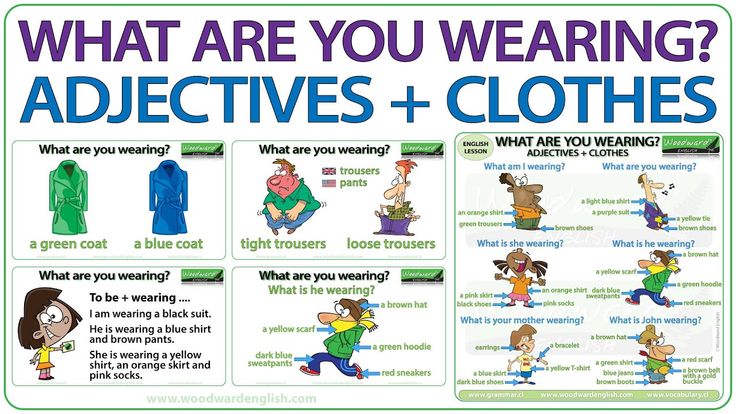 Everything is very clear, without "water". Everything that is said is shown, very useful in the practice of any teacher. And I will definitely use useful webinar materials. Thank you very much to the lecturer for being shared her experience!
Everything is very clear, without "water". Everything that is said is shown, very useful in the practice of any teacher. And I will definitely use useful webinar materials. Thank you very much to the lecturer for being shared her experience!
Arapkhanova Ashat 5.0
SHA0005
I would like to thank you for this help. I figured it out right away , everything is very neatly and efficiently. There is not a single disadvantage. I did not regret that I trusted and I purchased this sheet from you. Thanks to you saved time now I make a time sheet for employees. Good luck and success to you in the future!
Dambaa Aisuu 5.0
Product review SHA Excel template Analyzer of USE results in
RUSSIAN LANGUAGE
Thank you very much, saves a lot of time , because the analysis is ready, and I am especially pleased that there are options with an essay, without an essay, only analysis essays! Perfect!
Psychological characteristics of a gifted child | Related article:
Psychological characteristics of a gifted teenager
A gifted child is a child who stands out for bright, obvious, sometimes outstanding achievements (or has internal prerequisites for such achievements) in one or another type of activity.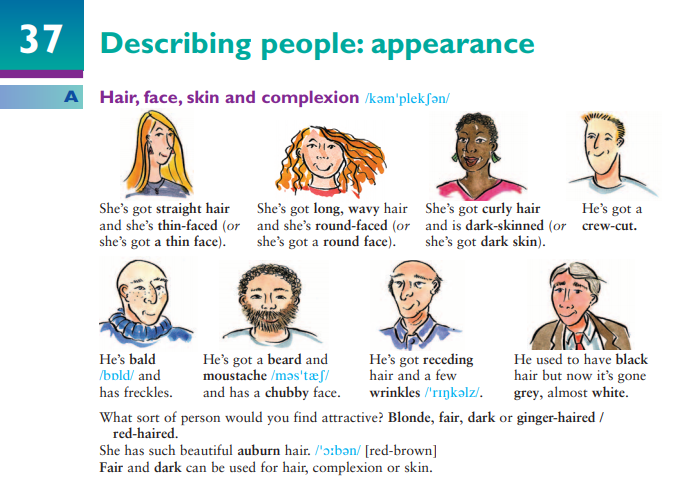 nine0005
nine0005
Gifted children are unique in the social world. As many teachers note, gifted children are distinguished not only by their good abilities for any kind of activity, but, first of all, they stand out among their peers in terms of their psychological characteristics. The most important problem of the progress of society is the preservation and development of giftedness.
It would seem that a child who is ahead of his peers in terms of intelligence, sparkling with mental abilities, is destined for a happier childhood than others, it will be especially easy for him to learn. In reality, everything is not so. Children with early mental flowering have their own systematic difficulties in the family and at school, their own dramas of age development. nine0005
Children with a faster pace of development, with very high mental activity, are difficult to teach and difficult to educate. They are often impatient and impulsive, more acute than others, react to the environment.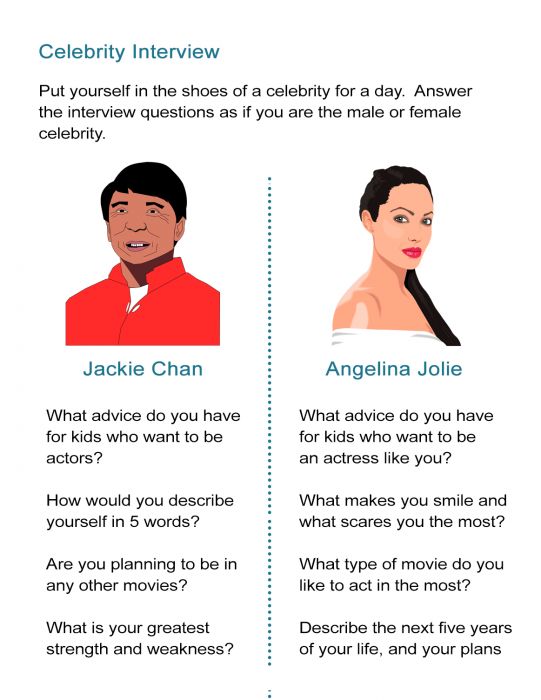 It is they, the most inquisitive, who often get bored in class.
It is they, the most inquisitive, who often get bored in class.
Difficulties can begin with the fact that a child who is ahead of his peers tends to constantly attract attention to himself. Rapid completion of assignments, readiness to correctly answer the teacher's question - for him a desired mental game, competition, and he is the first to raise his hand, joyful, anticipating approval. nine0005
A child with early mental flowering also has specific difficulties in relationships with fellow students. Often, classmates, especially by the beginning of adolescence, actively reject such a student from themselves, give him offensive nicknames. This leads to the fact that a gifted child begins to strive to be "like everyone else" - avoids revealing himself to be the most knowledgeable or, moreover, the most diligent. Not only because some fellow practitioners are aggressive, but also because he himself wants to be together with others, in companies. A lot of additional experiences fall to the lot of such a child if for some reason he is not given physical education, labor classes. Weaknesses in this regard may be in other guys, but they do not attract such attention to themselves as they do in a student who stands out for his intellect. His physical incompetence, timidity become an occasion for ridicule and bullying. Friction with fellow students can also be associated with preferred games: young intellectuals are drawn to various word games, to chess in those years when their peers are fond of outdoor and gambling games. nine0005
Weaknesses in this regard may be in other guys, but they do not attract such attention to themselves as they do in a student who stands out for his intellect. His physical incompetence, timidity become an occasion for ridicule and bullying. Friction with fellow students can also be associated with preferred games: young intellectuals are drawn to various word games, to chess in those years when their peers are fond of outdoor and gambling games. nine0005
There are other difficulties in a child with unusual mental abilities. Both parents and teachers expect and demand from him that he must be an exemplary student, an excellent student. But marks are often put not only for knowledge, but also for behavior, and for handwriting. A student with enhanced abilities gets much more than others for incomplete homework, for some statement that was not provided for by the topic in the lesson, for careless execution of written work. In some families, dropping grades is perceived as a drama. nine0005
The strengths and weaknesses of a child with signs of mental giftedness are interconnected and transform into each other.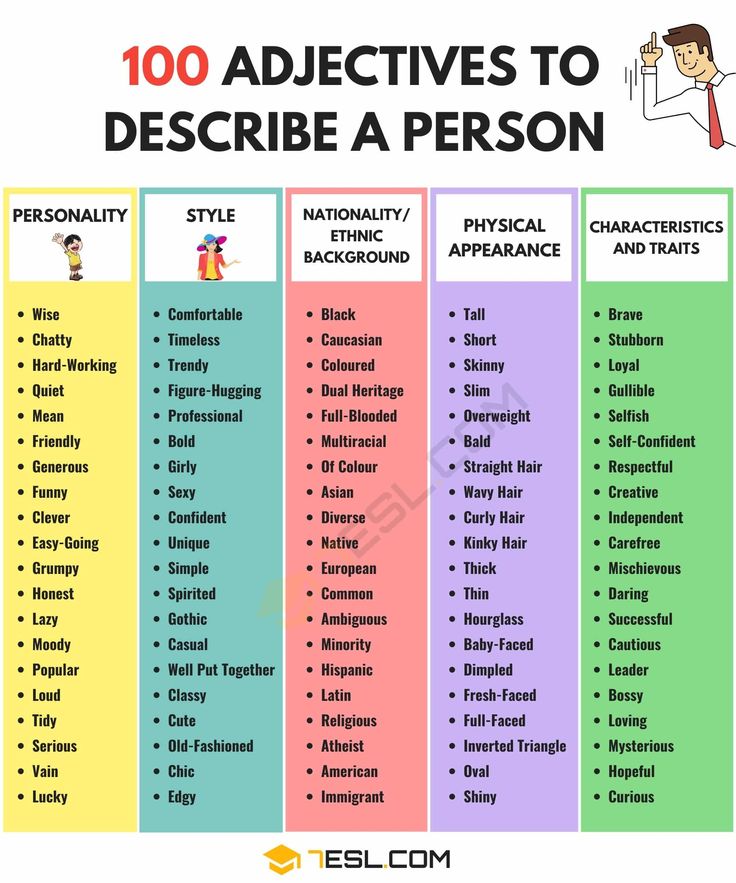 For example, whims, stubbornness, to some extent inherent in many children, with a higher level of intelligence come out sharper, more noticeable. This also applies to manifestations of unwillingness, inability to overcome everyday learning difficulties. Increased ability is often accompanied by the habit of learning by "grabbing on the fly." Thus, being ahead of peers can give rise to arrogance and vanity. Mental independence, an attitude towards cognition can turn into self-will, opposing oneself to others. Even the seemingly obvious advantage of a child, to whom all subjects are equally easy, has its dark side: by adolescence, such a student may already begin to be burdened by the fact that he does not know what he is more inclined to. It turns out that the absence of such restrictions as the relative inability to engage in certain types of activities can lead to an excessive dispersion of interests and make self-determination difficult. nine0005
For example, whims, stubbornness, to some extent inherent in many children, with a higher level of intelligence come out sharper, more noticeable. This also applies to manifestations of unwillingness, inability to overcome everyday learning difficulties. Increased ability is often accompanied by the habit of learning by "grabbing on the fly." Thus, being ahead of peers can give rise to arrogance and vanity. Mental independence, an attitude towards cognition can turn into self-will, opposing oneself to others. Even the seemingly obvious advantage of a child, to whom all subjects are equally easy, has its dark side: by adolescence, such a student may already begin to be burdened by the fact that he does not know what he is more inclined to. It turns out that the absence of such restrictions as the relative inability to engage in certain types of activities can lead to an excessive dispersion of interests and make self-determination difficult. nine0005
The nature of the personality problems of a gifted child is largely determined by the characteristics of his self-esteem. There is an opinion that the personal difficulties of gifted children are even more complicated in cases of the formation of an inadequately low self-esteem of their abilities in various fields of activity, including communication.
There is an opinion that the personal difficulties of gifted children are even more complicated in cases of the formation of an inadequately low self-esteem of their abilities in various fields of activity, including communication.
Studies of intellectually outstanding children have shown that many of them are very critical of themselves. Possessing inadequately low self-esteem, they often not only cannot realize their potential abilities, but also become unsuccessful students. It is also noted that gifted children are very vulnerable, sensitive to everything that affects their "I". Already at an early age, they show increased sensitivity to attempts to hurt their feelings, tend to set themselves goals that they cannot achieve, and experience failure hard. nine0005
Self -esteem of personality significantly affects the manifestations and development of the child's abilities. At the same time, self-perception has two aspects - knowledge about oneself and attitude towards oneself.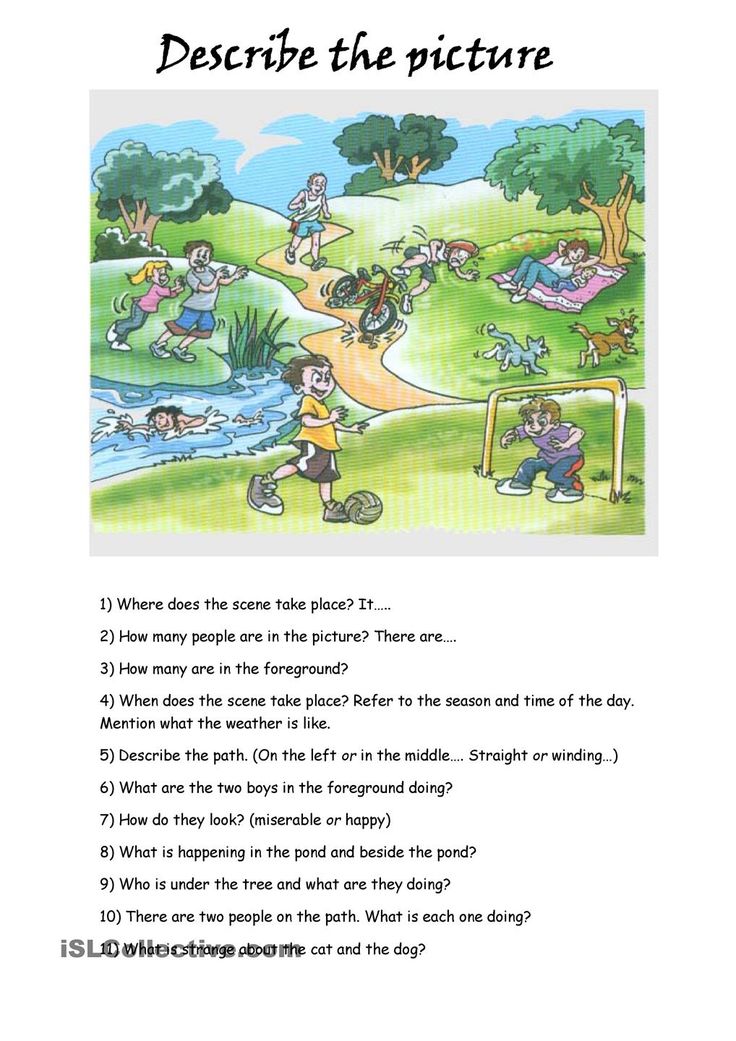 Self-esteem is the most important factor in determining a child's behavior; it largely determines the direction of his activity, the features of communication with other people.
Self-esteem is the most important factor in determining a child's behavior; it largely determines the direction of his activity, the features of communication with other people.
In the field of advanced development of cognition, the following is noted: children are able to do several things at once; have heightened curiosity; able to trace causal relationships and draw appropriate conclusions; have excellent memory based on early speech and abstract thinking; able to classify and categorize information and experience; are able to widely use the accumulated knowledge; are fond of collecting; have a large vocabulary; use complex syntactic constructions in speech and know how to pose questions; prefer games that require activation of mental actions; easily cope with cognitive uncertainty; do not like ready-made answers; are happy to accept complex and long-term tasks; have an increased concentration of attention, perseverance in achieving results in an interesting area and a high degree of immersion in the task.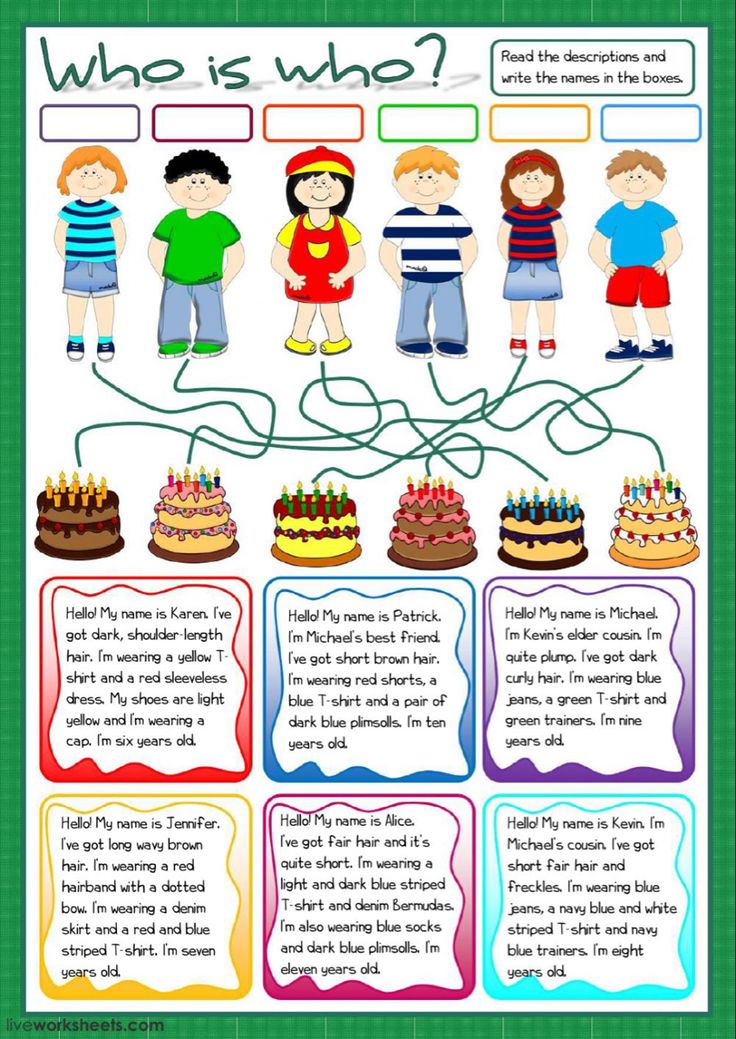 nine0005
nine0005
In the field of psychosocial development, gifted and talented children have the following features: a developed sense of justice; broad personal value systems; vivid imagination; developed sense of humor; constantly trying to solve problems that are too tough for them yet; exaggerated, fears are characteristic; susceptibility to non-verbal manifestations of feelings by others.
In terms of physical development, a high energy level and low sleep duration are noted. Their motor coordination often lags behind cognitive abilities. nine0005
The child is distinguished by sharpness of thinking, observation and exceptional memory, shows pronounced and versatile curiosity, often goes headlong into this or that occupation, willingly and easily learns, stands out for the ability to express his thoughts well, demonstrates the ability to apply knowledge in practice, knows a lot, Unbeknownst to his peers, he exhibits exceptional problem-solving abilities.
The child easily adapts to new situations; other children prefer to choose him as a partner in games and activities; in an environment of strangers retains self-confidence; tends to supervise the games or activities of other children; easily communicates with other children and adults; generates ideas and problem solving; shows initiative in communicating with peers; assumes responsibility that goes beyond the limits characteristic of his age; other children often turn to him for advice and help.

